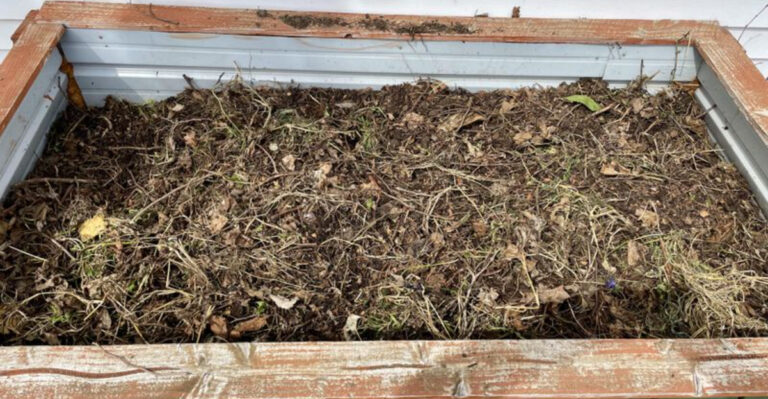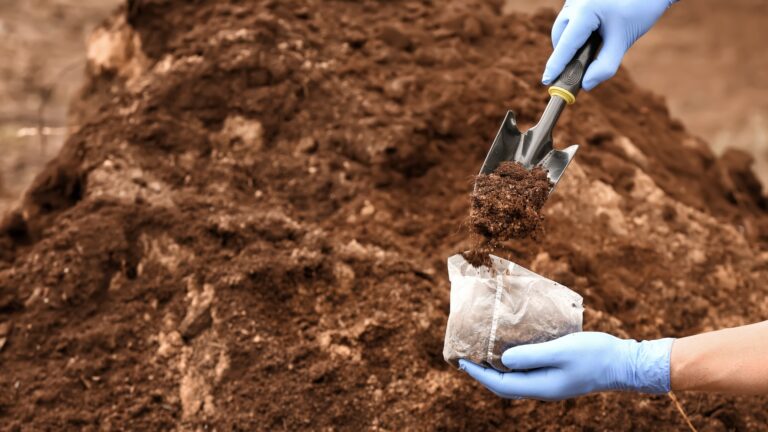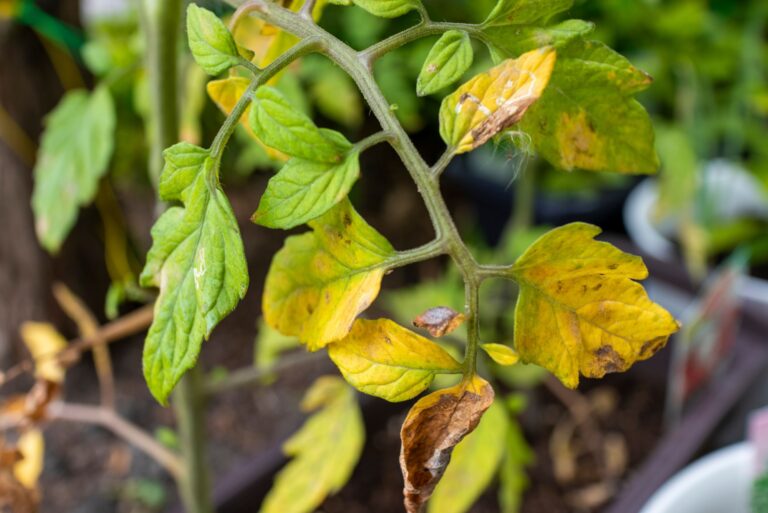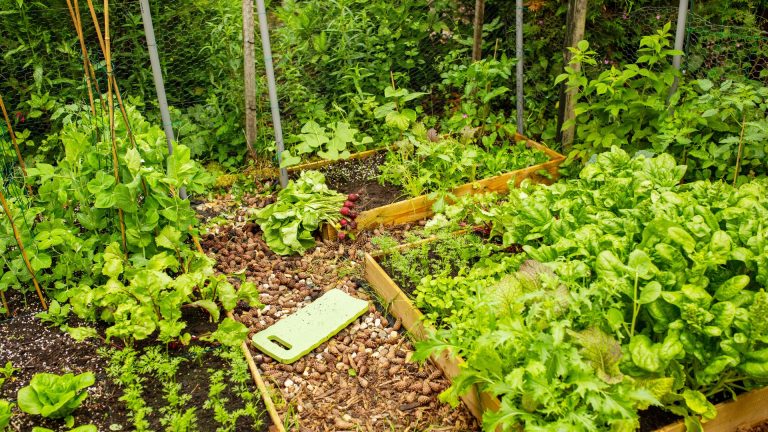14 Fertilizers That Can Ruin Your Carrots—And 4 That Help Them Thrive
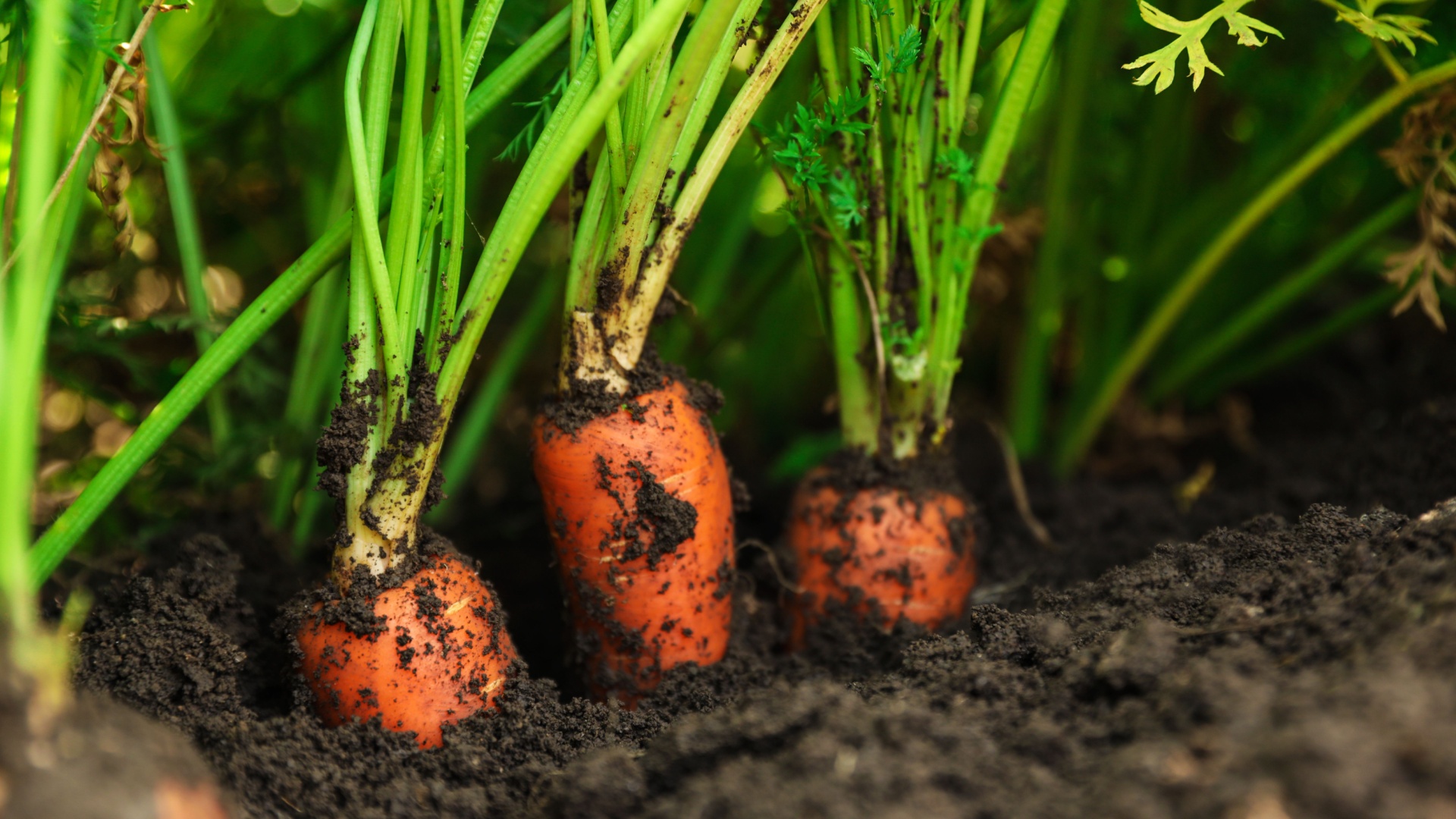
Carrots can be picky—especially when it comes to fertilizer. Use the wrong one, and you could end up with forked, stubby roots or poor growth.
This guide breaks down 14 fertilizers that may be doing more harm than good, plus 4 better options that support strong, straight, delicious carrots every time you plant.
1. Fresh Manure Fertilizers
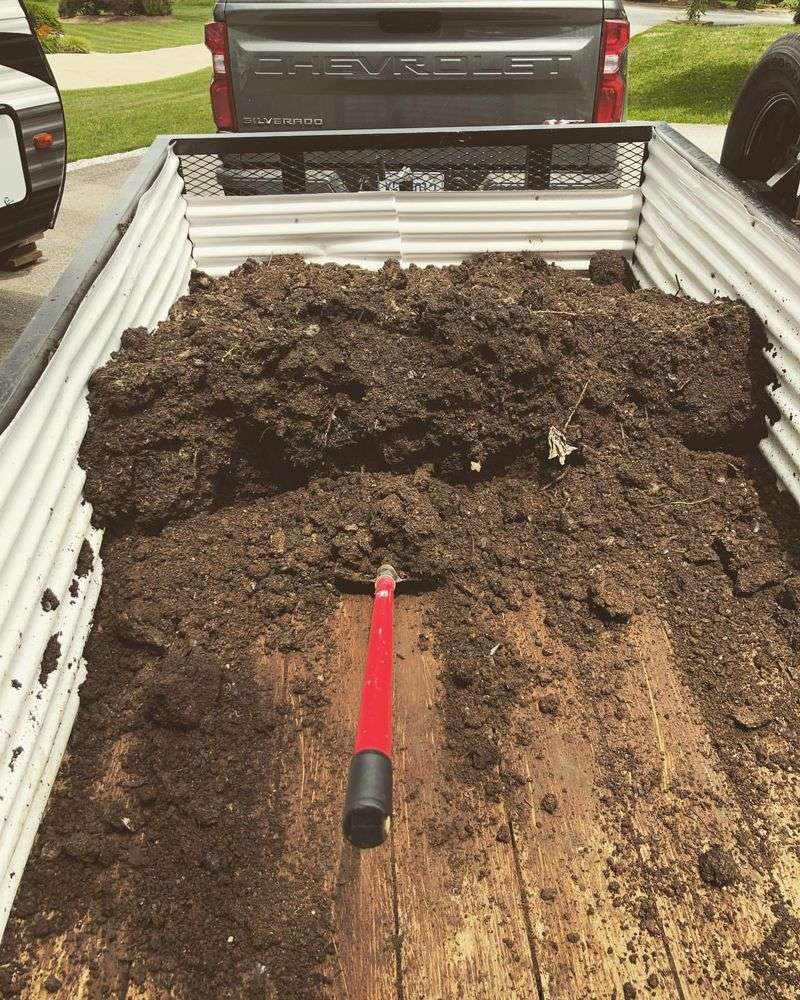
Raw animal manure introduces too much nitrogen for carrots, causing them to fork and develop hairy roots instead of growing straight and smooth. The excess nitrogen pushes the plants to produce abundant leafy tops at the expense of proper root development.
Garden newcomers often make this mistake, thinking all natural fertilizers must be beneficial. Wait at least 4 months after applying manure before planting carrots to allow proper decomposition and nitrogen reduction. Your future harvest will thank you with uniform, sweet roots rather than twisted, bitter ones.
2. High-Nitrogen Synthetic Fertilizers

Commercial fertilizers with NPK ratios like 10-10-10 or higher nitrogen numbers spell trouble for carrots. Nitrogen encourages lush foliage growth, which comes at the expense of proper root development – exactly what you don’t want when growing root vegetables!
Many gardeners unknowingly apply these all-purpose fertilizers thinking they’ll benefit every plant. The results? Carrots with gorgeous tops but stunted, misshapen roots underneath. Skip these high-nitrogen options when preparing your carrot beds if you want straight, sweet roots rather than a disappointing harvest.
3. Uncomposted Wood Ash
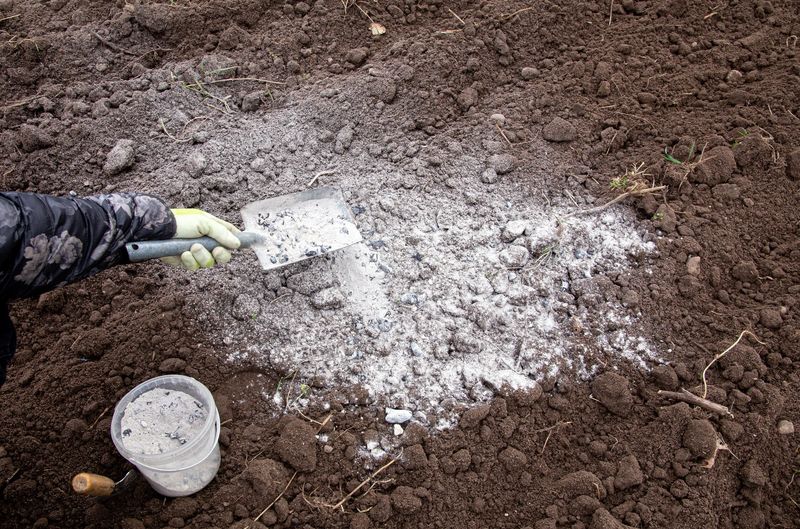
Fresh wood ash dramatically raises soil pH, creating alkaline conditions that carrots simply hate. While many vegetables thrive with a pH boost, carrots prefer slightly acidic to neutral soil (pH 6.0-7.0) for optimal growth and nutrient uptake.
Gardeners often spread wood ash thinking it’s a natural mineral source. Unfortunately, this practice can lock up essential nutrients in the soil, making them unavailable to your carrots. The result? Stunted growth, yellow foliage, and poor root development that leaves you with a disappointing harvest.
4. Mushroom Compost
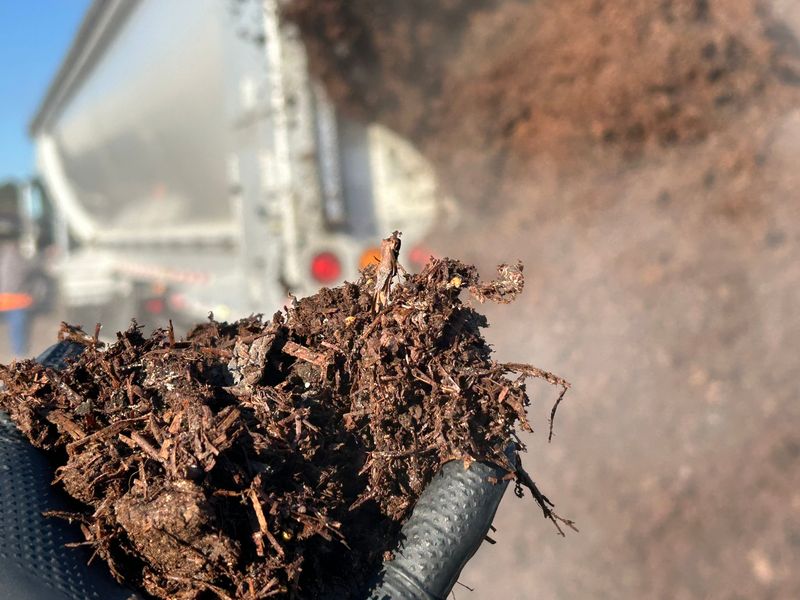
Mushroom compost contains high salt levels that can damage tender carrot seedlings and prevent proper germination. While excellent for many garden plants, this popular amendment can cause root burn and dehydration in developing carrots.
Many garden centers promote mushroom compost as a miracle soil amendment. For carrots, however, the salt concentration creates stress that results in bitter, misshapen roots. If you’ve already added it to your garden, thoroughly leach the soil with plenty of water before planting, or choose a different garden bed for your carrot crop.
5. Fish Emulsion During Root Development
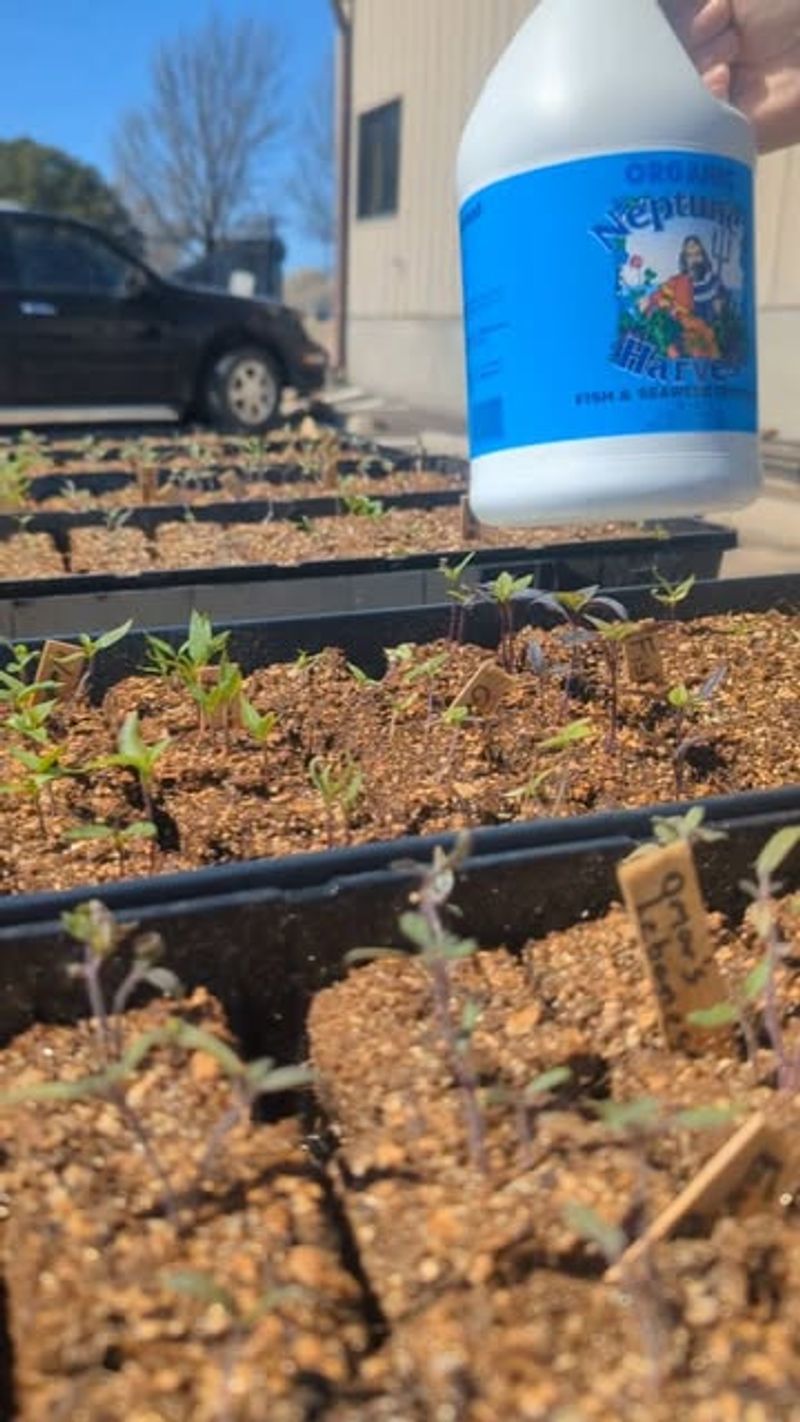
Fish emulsion provides a quick nitrogen boost that disrupts carrot root development when applied after germination. The sudden nitrogen surge triggers the plants to focus on leaf growth rather than developing straight, sweet roots.
Gardeners love fish emulsion for its quick results with leafy greens. For carrots, however, timing matters tremendously. Using it during the critical root formation stage often results in forked, bitter carrots with excessive hairy roots. Save your fish emulsion for leafy crops or use it only at planting time for carrots.
6. Lawn Fertilizer Blends
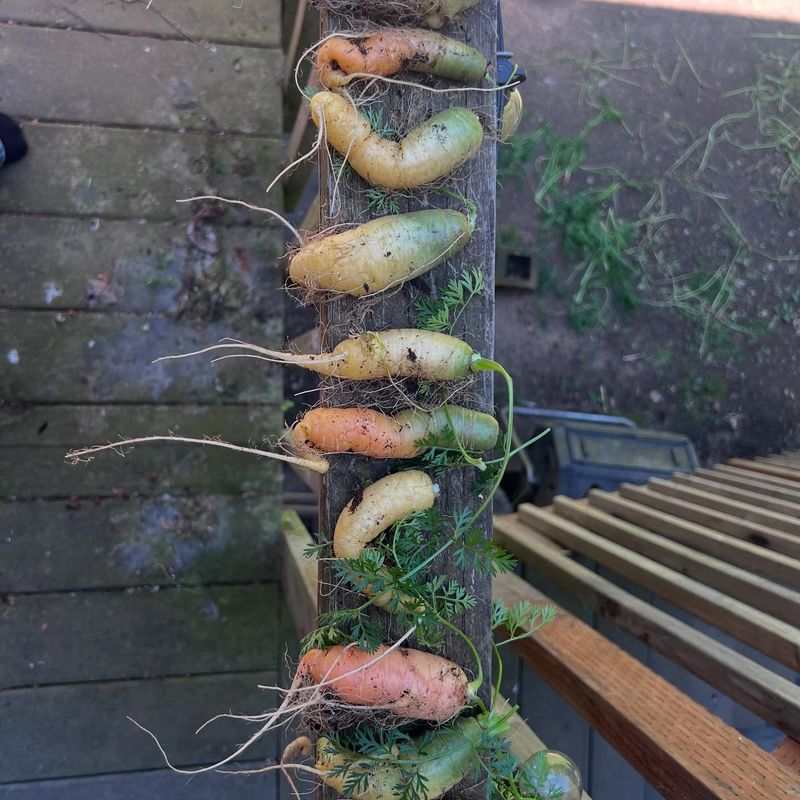
Lawn fertilizers contain extremely high nitrogen levels designed to promote rapid grass growth – exactly what ruins carrot development. These products often include herbicides that can damage or kill your vegetable plants outright.
Confusion happens when gardeners use leftover lawn products in vegetable beds to save money. The results are disastrous for carrots: twisted, forked roots with poor flavor and sometimes chemical contamination. Keep lawn products far away from your vegetable garden, especially root crops like carrots that need balanced nutrition.
7. Pelleted Slow-Release Fertilizers
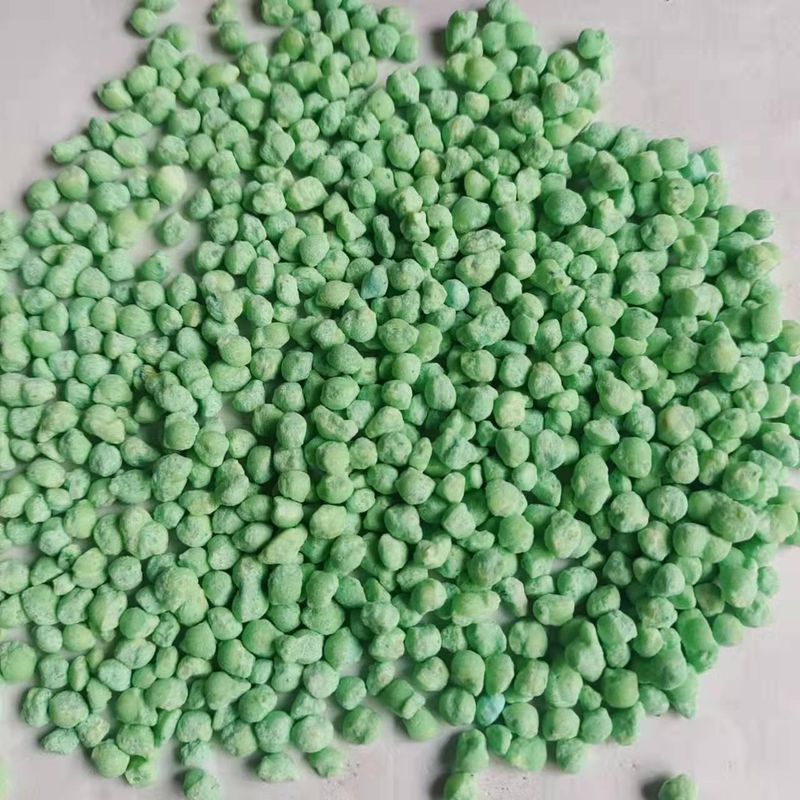
Many pelleted fertilizers release nutrients unevenly, creating hot spots of excessive fertility that cause carrot roots to fork and split. These concentrated nutrient pockets create inconsistent growing conditions throughout the bed.
Weekend gardeners often choose these products for convenience, not realizing they’re sabotaging their root crops. Carrots need consistent, moderate fertility throughout the growing season. When they encounter these concentrated nutrient zones, they develop multiple root tips instead of one straight taproot, resulting in oddly shaped carrots that are difficult to clean and prepare.
8. Chicken Manure (Fresh)
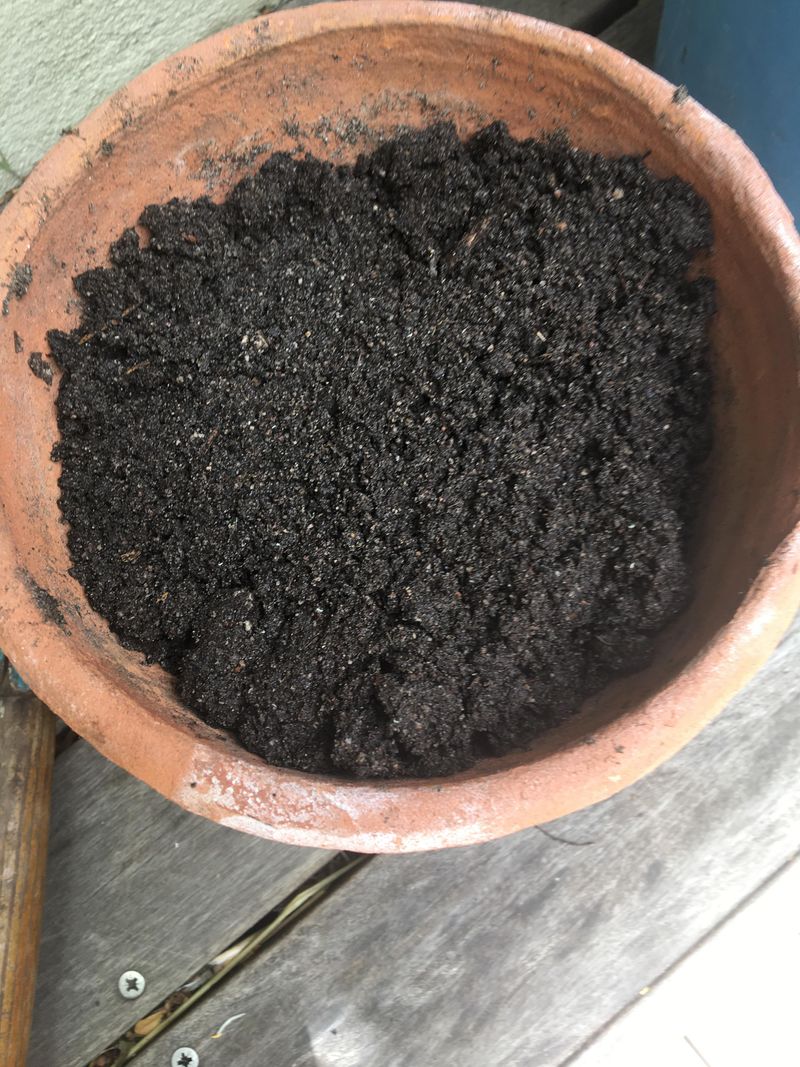
Fresh chicken manure contains nitrogen levels that are far too high for carrots, often causing severe root forking and burn damage to seedlings. This potent manure is among the hottest of all animal manures and can continue releasing excessive nitrogen for months.
Backyard chicken keepers frequently make this mistake, assuming their hens’ waste is garden gold. For carrots, however, the concentrated nitrogen and ammonia lead to distorted growth and bitter flavor. Always compost chicken manure for at least a year before using it anywhere near your carrot beds.
9. Blood Meal
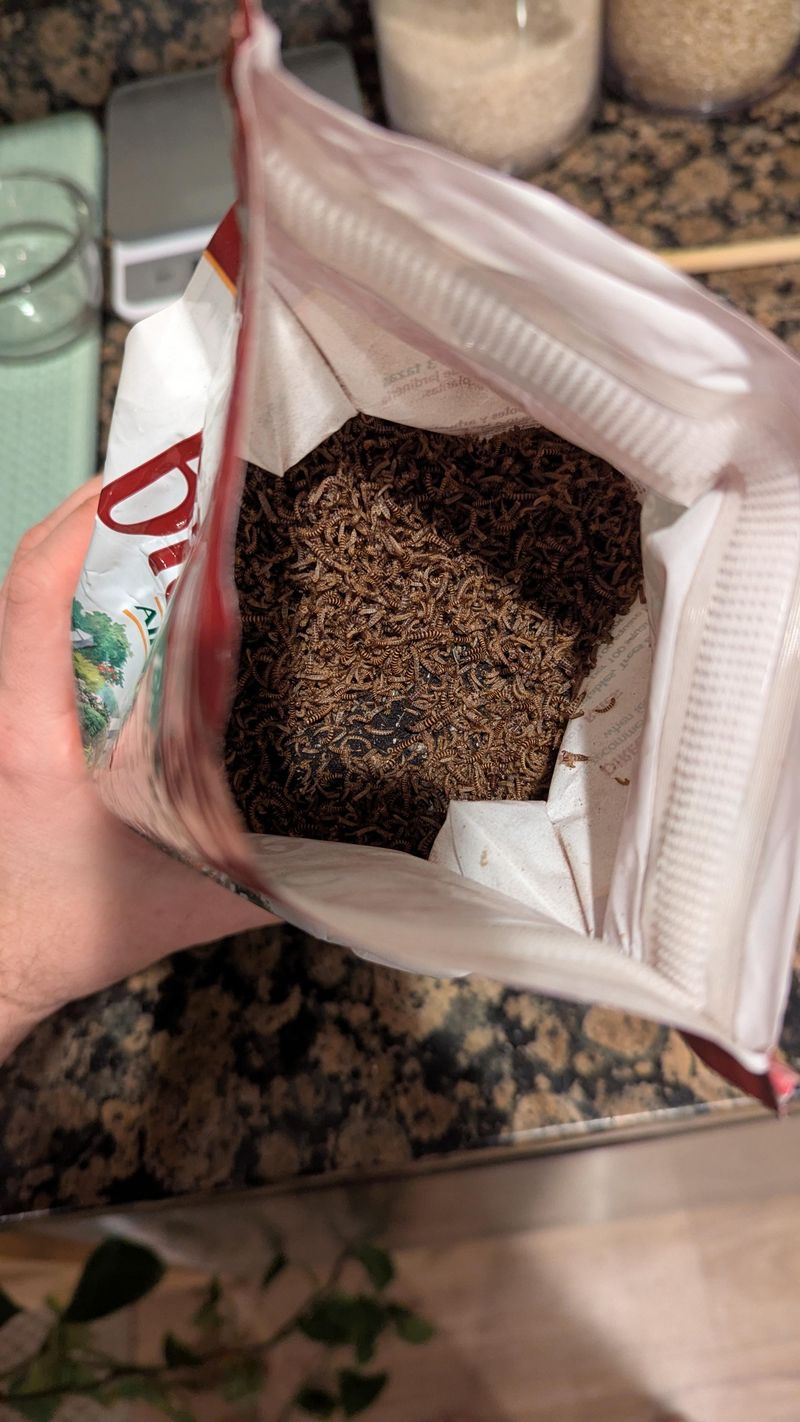
Blood meal delivers an intense nitrogen surge that triggers carrots to develop multiple side roots instead of one strong taproot. This high-nitrogen organic amendment pushes energy into leaf production at the expense of proper root formation.
Organic gardeners often reach for blood meal without realizing its powerful effects. While excellent for leafy greens, it’s problematic for root crops like carrots. The resulting harvest typically features oddly shaped roots with rough skin and bitter flavor. Save this potent amendment for nitrogen-loving plants like corn, cabbage, or decorative garden plants.
10. Miracle-Gro All-Purpose Plant Food
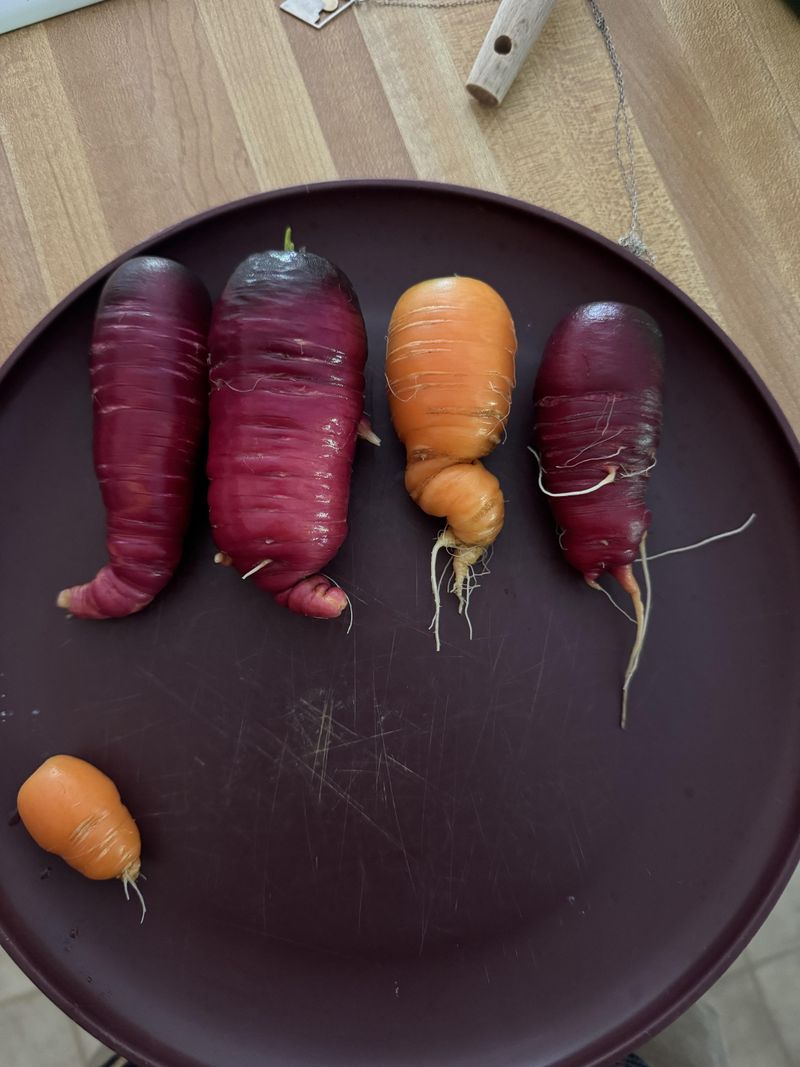
This popular blue crystal fertilizer contains a 24-8-16 NPK ratio – far too nitrogen-heavy for proper carrot development. The excessive nitrogen forces carrots to produce bushy tops while developing stubby, forked roots below ground.
Beginner gardeners often apply this familiar product to everything in their garden. For carrots, however, the high nitrogen-to-potassium ratio creates an imbalance that results in poor root quality. The resulting carrots often taste bitter and have rough skin with excessive hairlike roots, making them less appealing for fresh eating.
11. Feather Meal
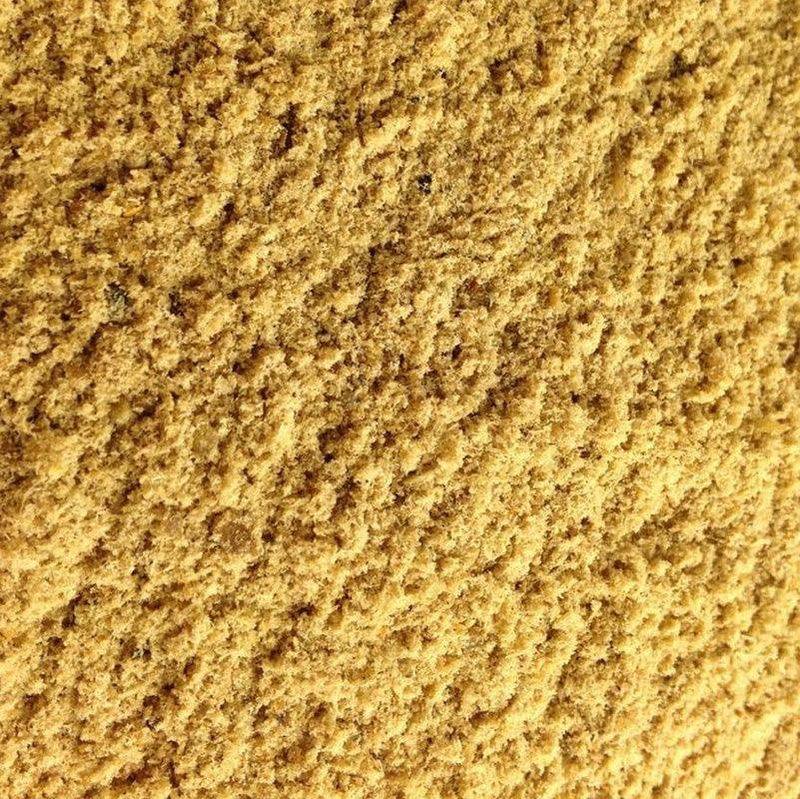
Feather meal releases nitrogen slowly but eventually provides too much for optimal carrot development. This common organic amendment breaks down over several months, often reaching peak nitrogen release right when carrots are forming their main taproot.
Many organic gardeners use feather meal as a sustainable nitrogen source. For carrots, however, the timing of its nitrogen release often coincides with critical root development stages. The result? Carrots with multiple tips, excessive hairy roots, and reduced sweetness. Choose a different bed for your carrots or wait a full season after applying feather meal.
12. Coffee Grounds (Fresh)
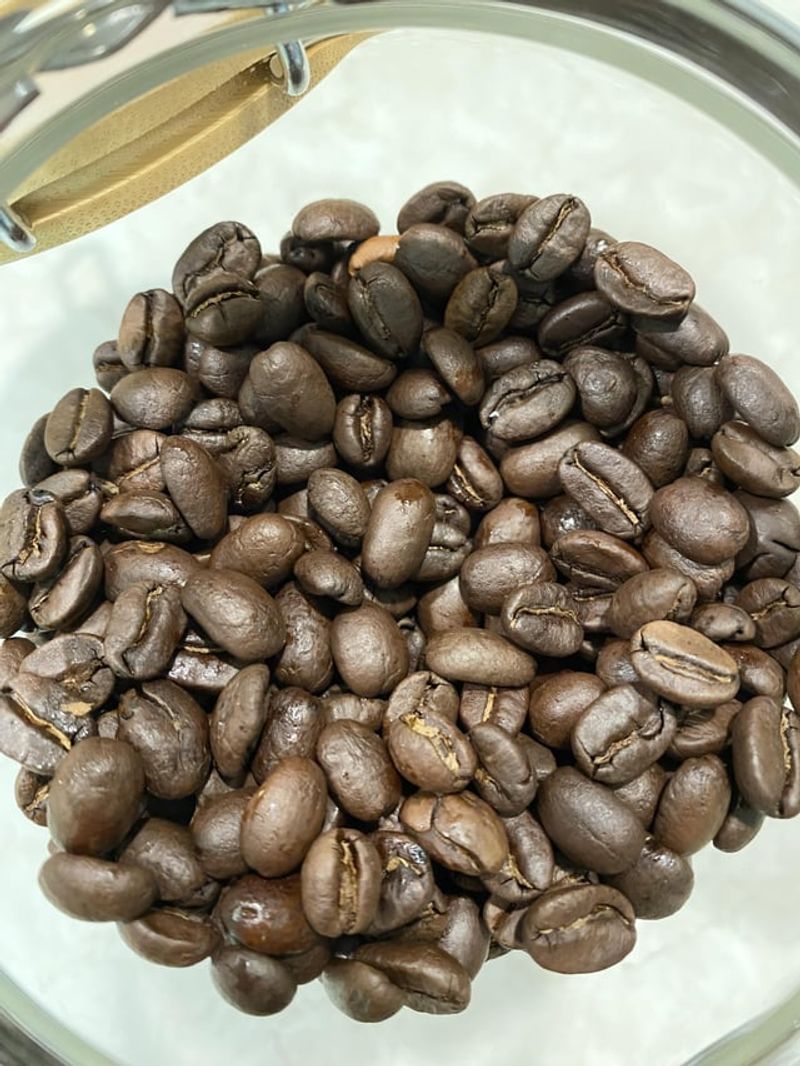
Fresh coffee grounds create acidic conditions and tie up nitrogen in the soil as they decompose, stunting carrot growth. Their fine texture can also compact soil, preventing the straight root development carrots need.
Many home gardeners sprinkle used coffee grounds directly on garden beds, believing they’re adding organic matter. For carrots, however, this practice often leads to poor germination and stunted growth. Fresh grounds should be thoroughly composted first, allowing their acidity to neutralize before they’re introduced to your carrot beds.
13. Bat Guano
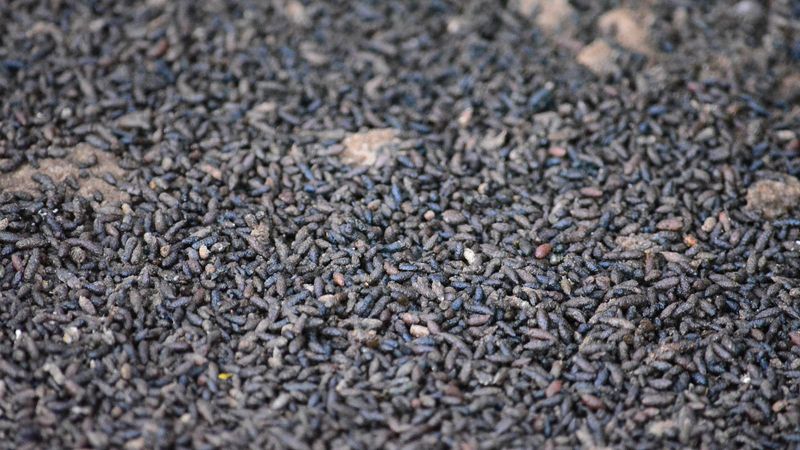
Bat guano provides an extremely concentrated nitrogen source that overwhelms carrot plants, causing excessive top growth and poor root development. This potent natural fertilizer can reach nitrogen levels of 10-15%, far too rich for root crops.
Organic gardeners sometimes choose bat guano for its impressive nutrient content. For carrots, however, the nitrogen overload typically results in forked, hairy roots with reduced sweetness. The phosphorus content can be beneficial, but the nitrogen makes this amendment better suited for fruiting plants like tomatoes than for root vegetables.
14. Seabird Guano
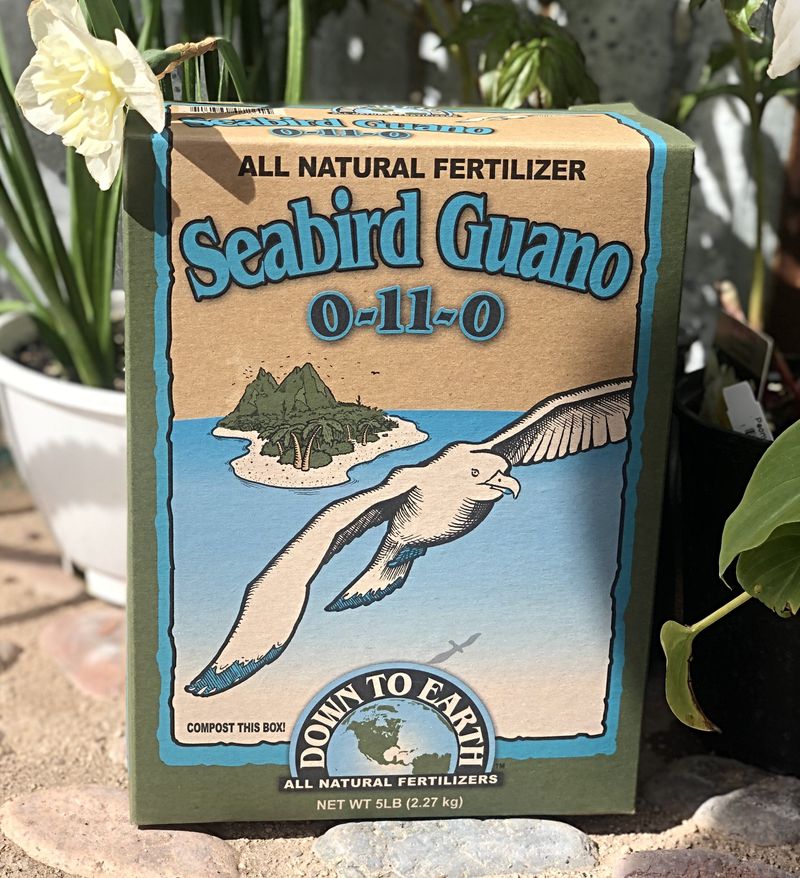
Seabird guano contains excessive phosphorus levels that disrupt the nutrient balance carrots need for proper development. While phosphorus helps with root development in many plants, too much causes carrots to develop short, stubby roots with poor flavor.
Garden centers often market seabird guano as a premium organic fertilizer. For carrots, however, the high phosphorus content (sometimes reaching 12%) creates an imbalance that affects both growth and flavor. This concentrated amendment is better used for flowering plants or fruiting crops rather than root vegetables like carrots.
15. BETTER ALTERNATIVE: Well-Aged Compost
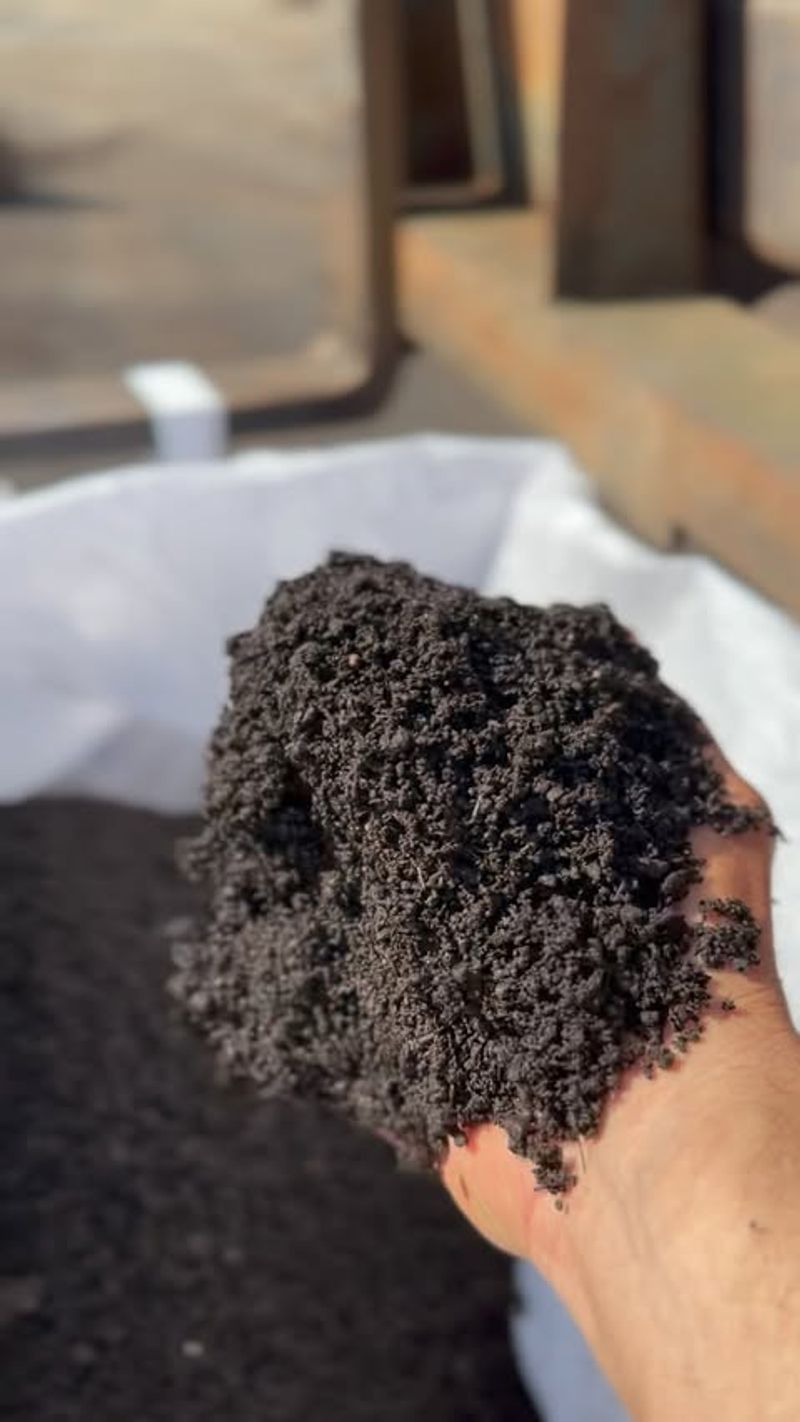
Well-aged compost provides the perfect balance of nutrients for carrots without excess nitrogen. This garden gold improves soil structure, allowing carrot roots to grow straight and smooth while providing slow-release nutrition throughout the growing season.
Successful carrot growers rely on compost that’s been cured for at least a year. The aging process reduces nitrogen levels while preserving beneficial microbes and minerals. Apply a 1-2 inch layer to your carrot bed a month before planting, lightly working it into the top few inches of soil for sweet, crisp carrots with excellent color and flavor.
16. BETTER ALTERNATIVE: Worm Castings
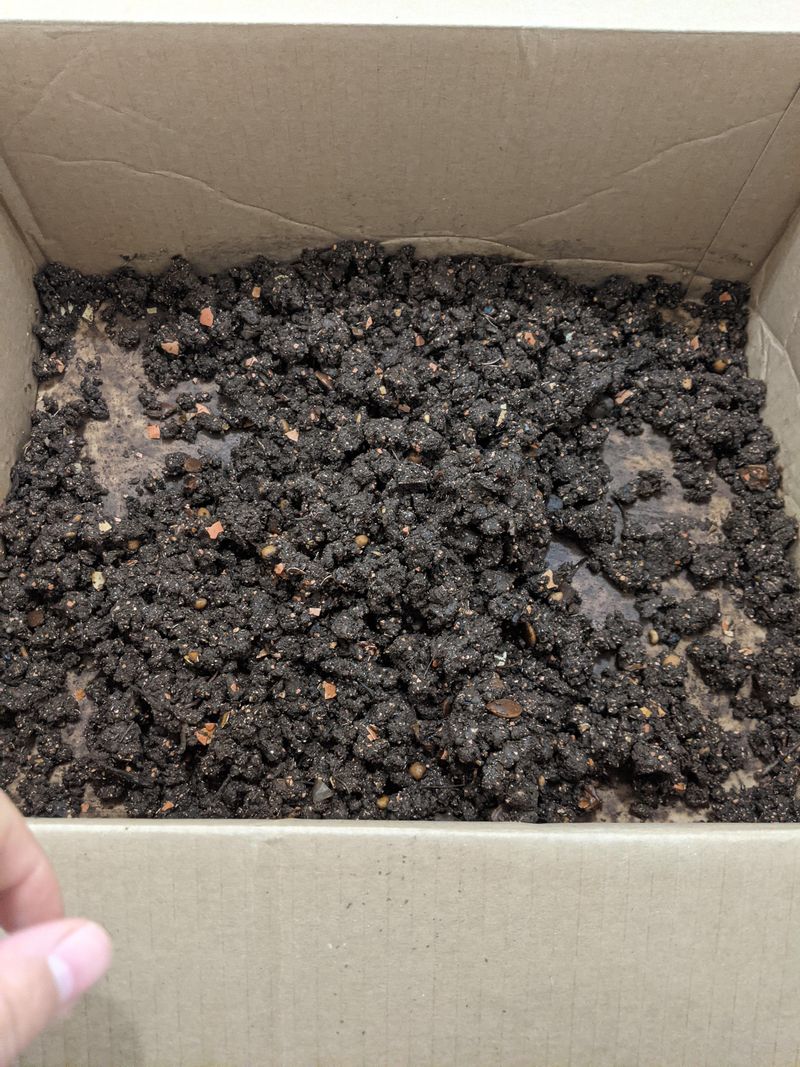
Worm castings provide gentle, balanced nutrition that’s perfect for carrot development. These miracle pellets contain beneficial microbes that improve soil structure while delivering nutrients in forms readily available to plants without excess nitrogen.
Experienced gardeners prize worm castings for their gentle nature. Unlike harsh fertilizers, they won’t burn sensitive carrot seedlings or cause forking. Mix a thin layer into your top 3-4 inches of soil before planting carrots. The resulting harvest typically features straight, smooth roots with exceptional sweetness and that satisfying crunch everyone loves.
17. BETTER ALTERNATIVE: Rock Phosphate
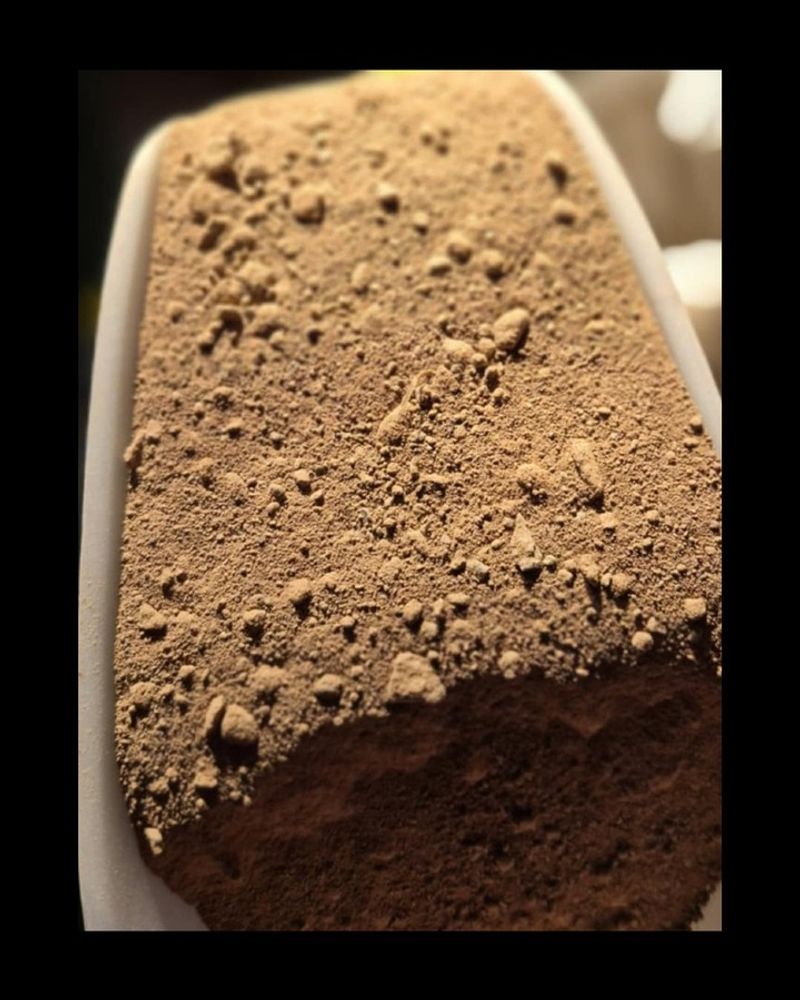
Rock phosphate provides the phosphorus carrots need for strong root development without excess nitrogen. This natural mineral breaks down slowly, delivering a steady supply of phosphorus that helps carrots develop straight, smooth roots with vibrant color.
Savvy gardeners use rock phosphate as a long-term soil amendment for root crops. Unlike quick-release fertilizers, it won’t create nutrient spikes that cause root forking. Apply it once every 3-4 years at a rate of 5-10 pounds per 100 square feet, working it into the soil before planting for consistently excellent carrot harvests.
18. BETTER ALTERNATIVE: Kelp Meal
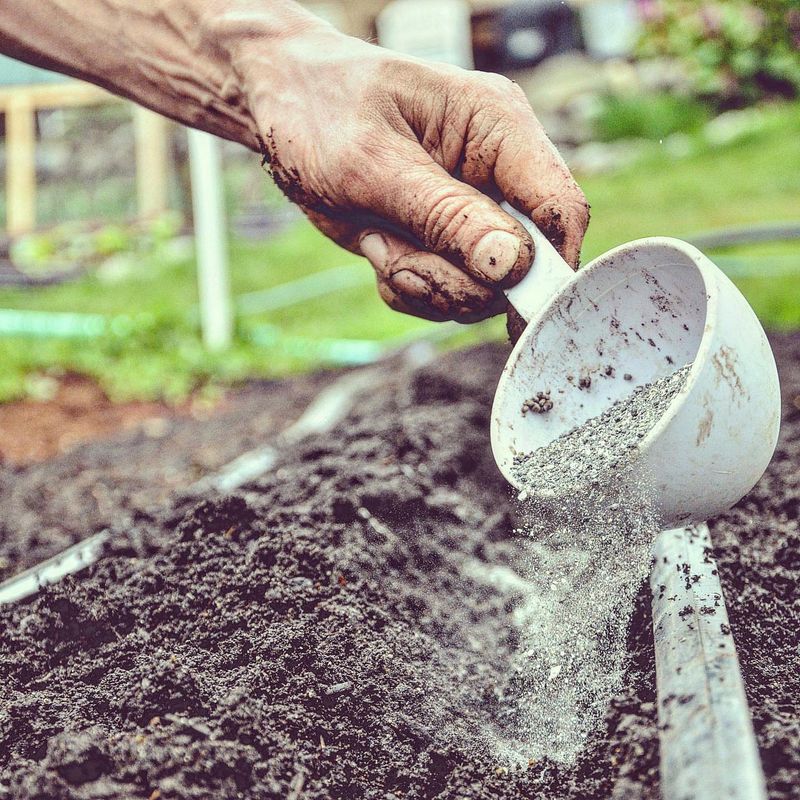
Kelp meal provides trace minerals and natural growth hormones that promote strong, uniform carrot development. This sea-derived amendment enhances root formation without pushing excessive top growth, resulting in sweet, straight carrots.
Garden experts often use kelp meal as a supplemental fertilizer for root crops. Its natural cytokinin content encourages cell division in roots rather than leaves. Apply at a rate of 1 pound per 100 square feet before planting, lightly working it into the soil. The micronutrients also enhance carrot flavor, giving you that garden-fresh sweetness that store-bought carrots can’t match.

